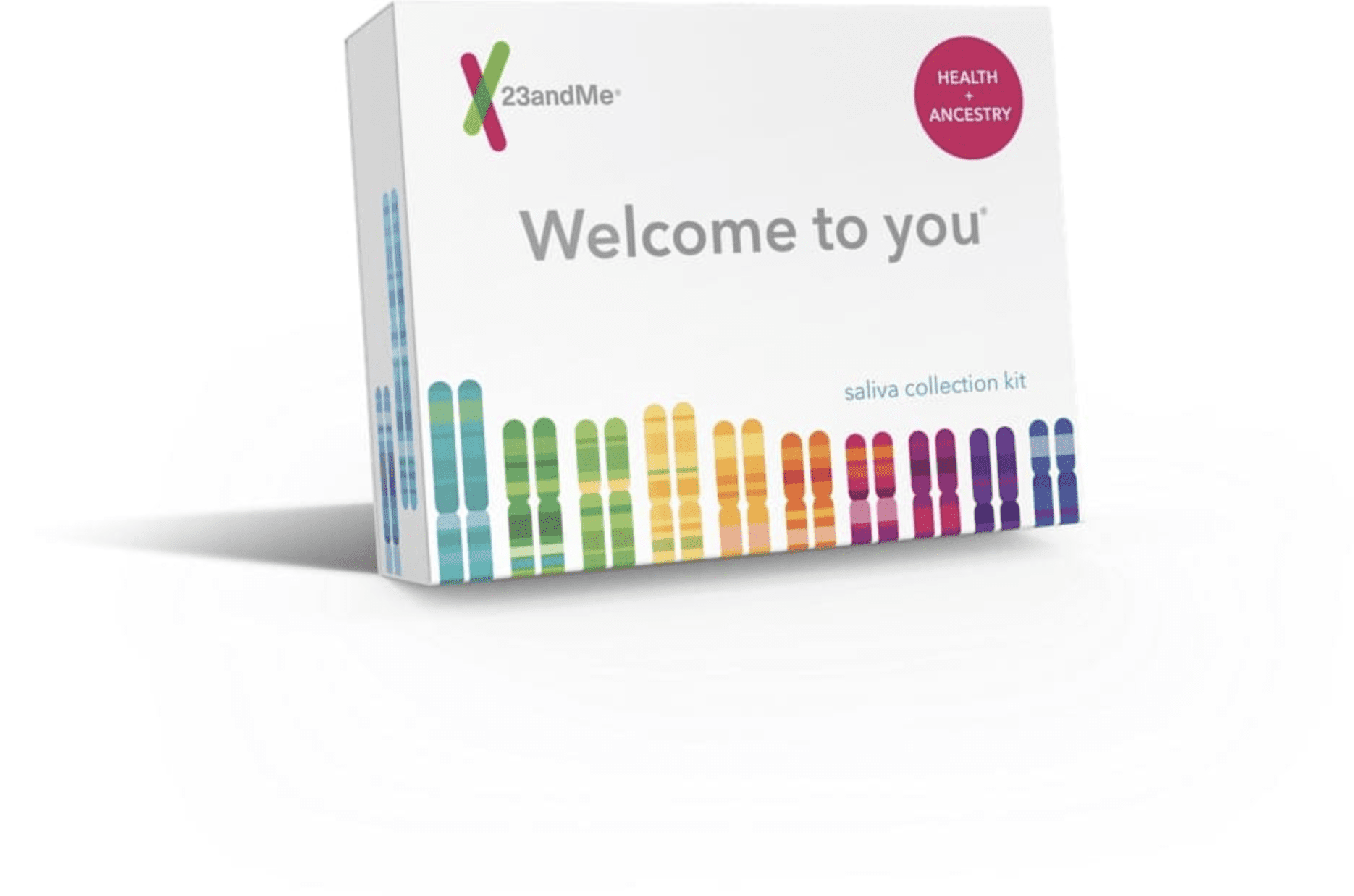Let's talk aboutPhenylketonuria and Related Disorders
What is Phenylketonuria?
Phenylketonuria (PKU) is part of a spectrum of related genetic disorders. These disorders are characterized by intellectual disability, seizures, and skin problems. A person must have two variants in the PAH gene in order to have one of these disorders. People with just one variant in the PAH gene are called carriers. They’re not expected to have the condition themselves, but they could pass their variant on to their future children.
Causes of phenylketonuria
PKU and related disorders are caused by variants (differences) in the PAH gene. The PAH gene contains instructions for making an enzyme called phenylalanine hydroxylase. This enzyme helps break down an amino acid called phenylalanine, which is found in some foods. Certain variants in PAH disrupt its function, resulting in a harmful buildup of phenylalanine.

When symptoms develop
Symptoms of PKU typically develop soon after birth.
Typical signs and symptoms
- Intellectual disability
- Seizures
- Behavioral problems
- Eczema
Ethnicities most affected
Phenylketonuria and related disorders occur worldwide, but are more common in people of Irish, European, Turkish, and East Asian descent.
Explore more
Curious to learn more? 23andMe can tell you whether you might be a carrier for phenylketonuria or a related disorder. Being a carrier means you have a genetic variant that you could pass down to your future children. 23andMe does not test for all possible genetic variants linked to phenylketonuria, and individuals who have zero variants detected still have a chance of being a carrier for phenylketonuria or a related disorder.
23andMe tests for 23 variants linked to phenylketonuria or a related disorder and is most relevant for people of Irish and Northern European descent. The Phenylketonuria and Related Disorders Carrier Status report* is available through the 23andMe Health + Ancestry Service.

Health + Ancestry Service
*The 23andMe PGS test uses qualitative genotyping to detect select clinically relevant variants in the genomic DNA of adults for the purpose of reporting carrier status and reporting and interpreting genetic health risks. The relevance of each report may vary based on ethnicity. Our carrier status reports can be used to determine carrier status, but cannot determine if you have two copies of any genetic variant. These carrier reports are not intended to tell you anything about your risk for developing a disease in the future or anything about the health of your fetus, or your newborn child’s risk of developing a particular disease later in life. For certain conditions, we provide a single report that includes information on both carrier status and genetic health risk. The Phenylketonuria and Related Disorders Carrier Status report is indicated for the detection of 23 variants in the PAH gene and is most relevant for people of Irish and Northern European descent.
References
Mayo Foundation for Medical Education and Research. “Phenylketonuria (PKU).” Mayo Clinic. Retrieved April 16, 2019, from https://www.mayoclinic.org/diseases-conditions/phenylketonuria/symptoms-causes/syc-20376302.
Regier et al. (2000). “Phenylalanine Hydroxylase Deficiency” [Accessed Nov 1, 2018].
U.S. National Library of Medicine. (2017). “Phenylketonuria.”Genetics Home Reference.